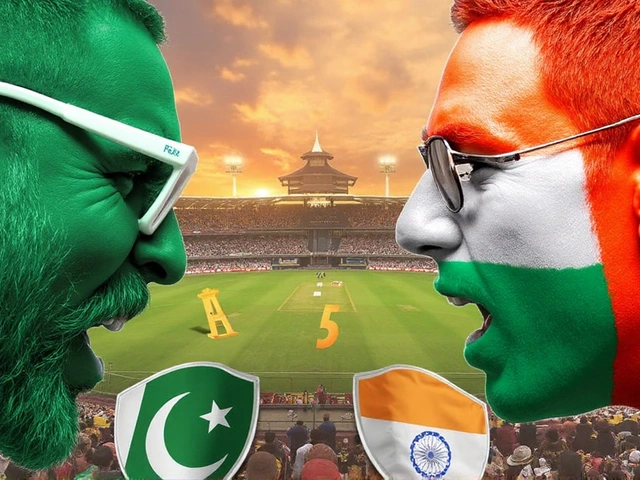Intolerance Explained: Why It Happens and How to Overcome It
Ever wonder why some people react with anger or disdain over a simple disagreement? That’s intolerance – a reflex that tells us to reject ideas, habits, or people that seem different. It shows up in heated debates, online trash‑talk, and even in the way we judge strangers on the street. Understanding the root causes helps you spot it early and stop it from ruining conversations, friendships, or careers.
What Drives Intolerance?
First off, fear plays a huge role. When we feel threatened – whether by a new opinion, a cultural practice, or a lifestyle we don’t get – our brain flips an alarm switch. That alarm fuels aggression and a desire to protect our own worldview. Alcohol, stress, or lack of sleep can crank the volume up, making a small disagreement feel like a personal attack. For example, a recent discussion on alcohol‑related aggression showed how drinking lowers inhibitions and makes people more hostile, a classic intolerance scenario.
Second, ignorance fuels the fire. If you never interact with someone from a different background, it’s easy to fill the gap with stereotypes. Those ideas become shortcuts in our mind, and shortcuts are often wrong. The result? Quick judgments, unfair labels, and a refusal to listen. This is why you’ll see intolerance pop up in debates about food, religion, or even height – the topic about being a tall Indian illustrates how a simple physical trait can trigger bias.
Practical Steps to Reduce Intolerance
Talk less, listen more. When you feel a defensive flare, pause and ask a genuine question instead of firing back. “What makes you think that?” or “Can you share why you feel that way?” opens a window for empathy. Pair this with a fact‑check: many intolerance myths crumble once you see real data.
Expose yourself to opposite views deliberately. Read an article that challenges your favorite belief, watch a documentary about a culture you know little about, or strike up a conversation with someone who sees the world differently. The brain loves patterns, but breaking the pattern with new experiences weakens the reflex.
Finally, manage the triggers that amplify intolerance. If you know that late‑night scrolling or drinking makes you more irritable, set limits. A clear mind processes disagreement without flipping into aggression. Small habits – a short walk, a glass of water, or a minute of deep breathing – can reset your response system.
Intolerance isn’t a permanent trait; it’s a habit you can rewire. By recognizing the fear and ignorance behind it, and by practicing active listening, exposure, and self‑care, you can turn tense moments into opportunities for growth. Your next conversation might just become the bridge that brings people together instead of pushing them apart.

Why don't foreigners consider India to live in?
- Date: 23 Jan 2023
- Author: Aarav Khatri
India has a lot of potential to attract foreigners and become a hub for international communities. However, there are several issues that make India a less desirable destination for foreigners to live in. These include poor infrastructure, crime and corruption, lack of basic services and amenities, religious and cultural intolerance, and language barriers. Additionally, India's bureaucracy and paperwork make it difficult for expats to gain long-term residency and citizenship. All these factors combined make India a less attractive option for foreigners to live in.




